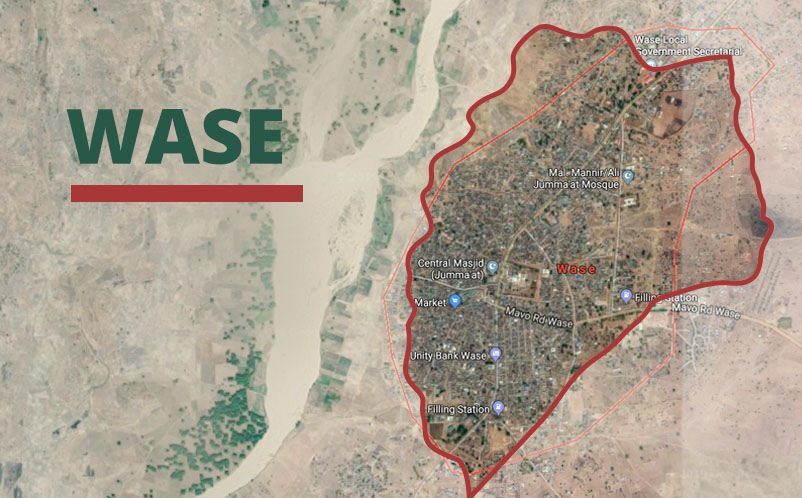Wase
Wase is a prominent town and Local Government Area (LGA) situated in Plateau State, Nigeria, located approximately 216 kilometers southeast of Jos, the capital of Plateau State. This region is named after the nearby Wase River, and it boasts a rich cultural and geographical heritage.

Geography and Population
– Location:Wase LGA is positioned to the southeast of Jos.
– Area: The LGA covers an expansive area of 1,750 square kilometers.
– Population:As of 2016, the population of Wase LGA was recorded at 209,400 people.
Languages
The primary languages spoken in Wase are Jukun and Taroh, reflecting the linguistic diversity of the region.
Historical Background
Riyom boasts one of only two Kahwang Basalt rock formations globally, with the other locaThe history of Wase dates back to around 1820 when it was founded by a Fulani official from Bauchi. Initially, it served as a chiefdom under the rule of the Jukun people and was primarily inhabited by the Basherawa. However, with the arrival of British troops in 1898, Wase became part of the British Royal Niger Company protectorate, later integrated into Northern Nigeria. It was included in Plateau Province when this province was established in 1926 and remained in Plateau State following Nigeria’s independence in 1960.ted in Ireland. Potential for development into a tourist center is yet to be fully realized.
Natural Attractions
Wase LGA boasts remarkable natural features and wildlife preservation efforts, including:
Wase Rock
A massive, dome-shaped rock formation of volcanic origin that stands at an impressive 350 meters in height. Its size and distinctiveness make it visible from a distance of approximately 40 kilometers (25 miles).
Bird Sanctuary
Around 321 hectares (790 acres) of land in the vicinity of Wase is conserved for wildlife development and serves as a bird sanctuary. It’s home to local species such as the Rossy White Pelican.
Mining Activities
Wase LGA is renowned for its mining activities, with substantial deposits of lead, zinc, tin, and other minerals. These resources have attracted interest from Chinese investors, leading to the construction of infrastructure like local bridges and mining facilities. However, the impact of these investments on the local community has been variable, and infrastructure development does not always benefit the local population.
Agriculture and Crops Cultivated in Wase Local Government
Guinea corn, Cowpeas, Maize, Rice, Millet, Cassava, Soya beans, Watermelon, Sweet melon.
Local Markets in Wase Local Government
-
Wase Market (Friday); Items sold: Maize, guinea corn, beans, millet.
-
Wadata Market (Wednesday); Items sold Maize, Yams, Grains, cattle.
-
Kadarko Market (Monday); Items Sold: Maize, Yams, Rice.
-
Lamba Market (Thursday); Items sold: Maize, Rice.
-
Bashar Market (Sunday); Items sold: Cattle (every week), millet beans.
-
Kampany Market (Friday); Item sold: Cattle.
-
Mavo Market (Tuesday); Item sold: Groundnut.